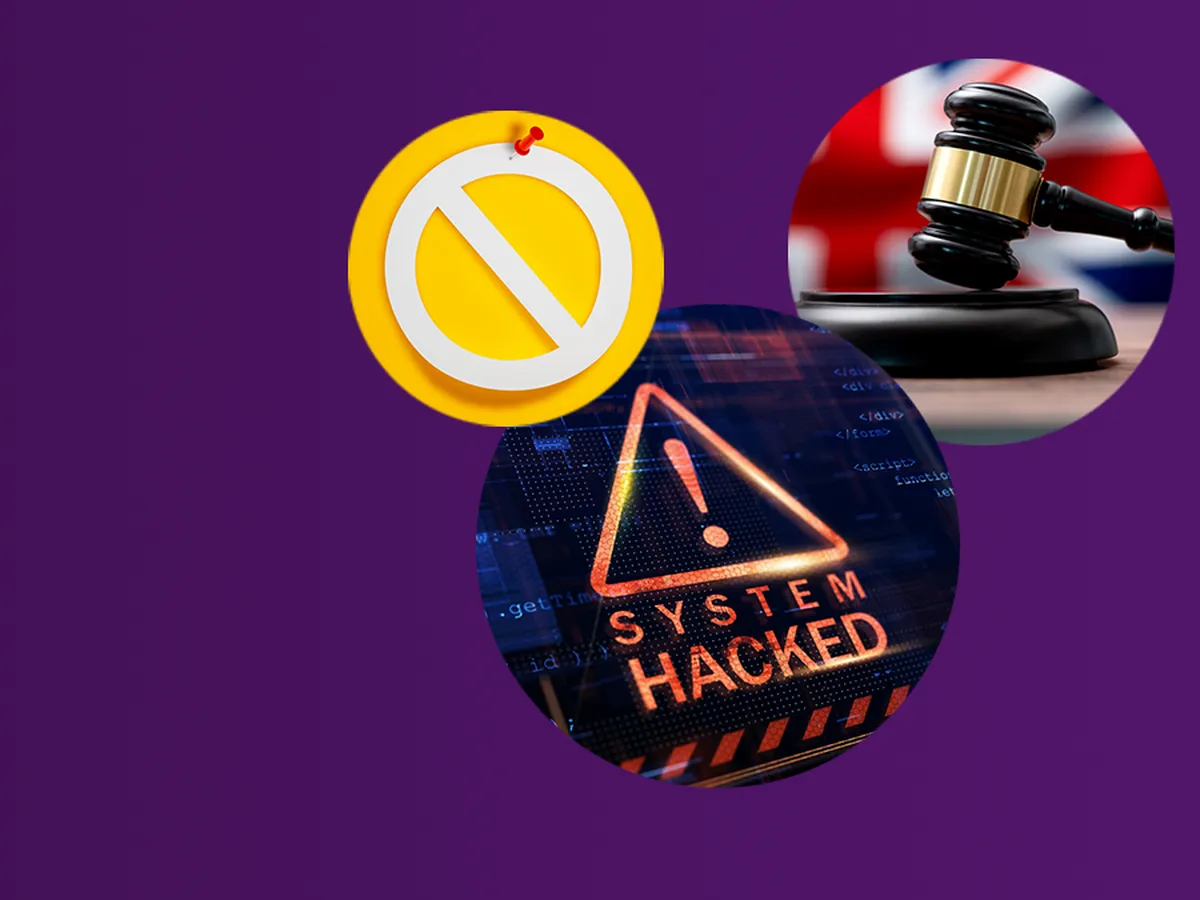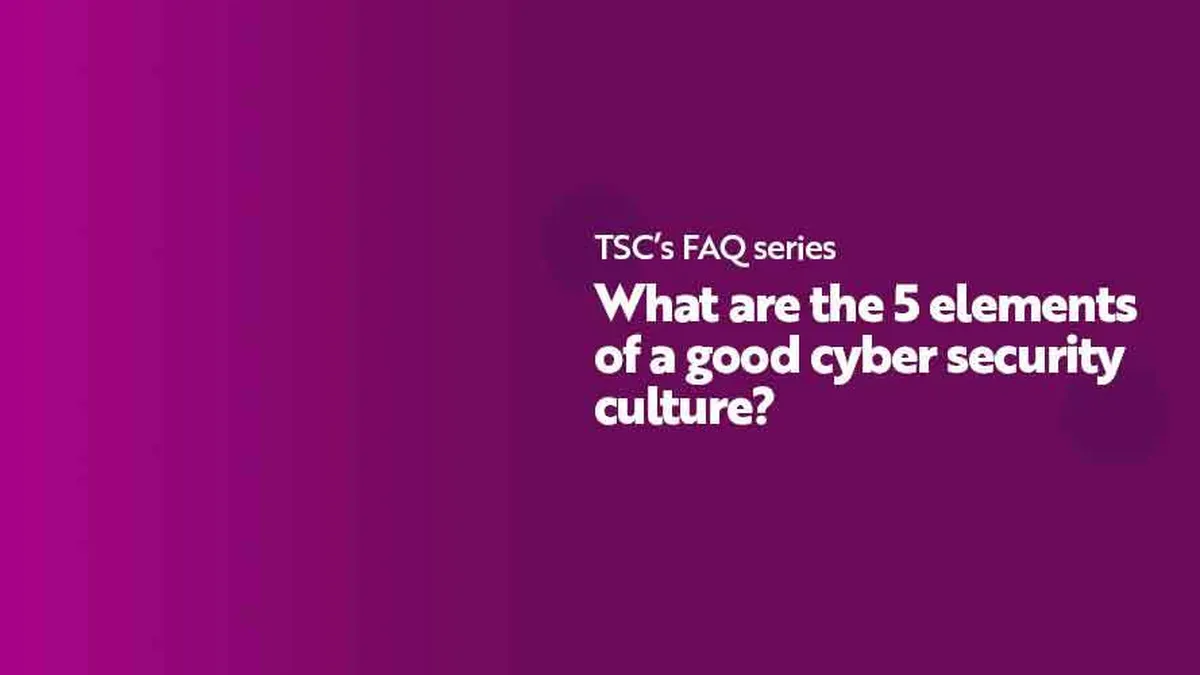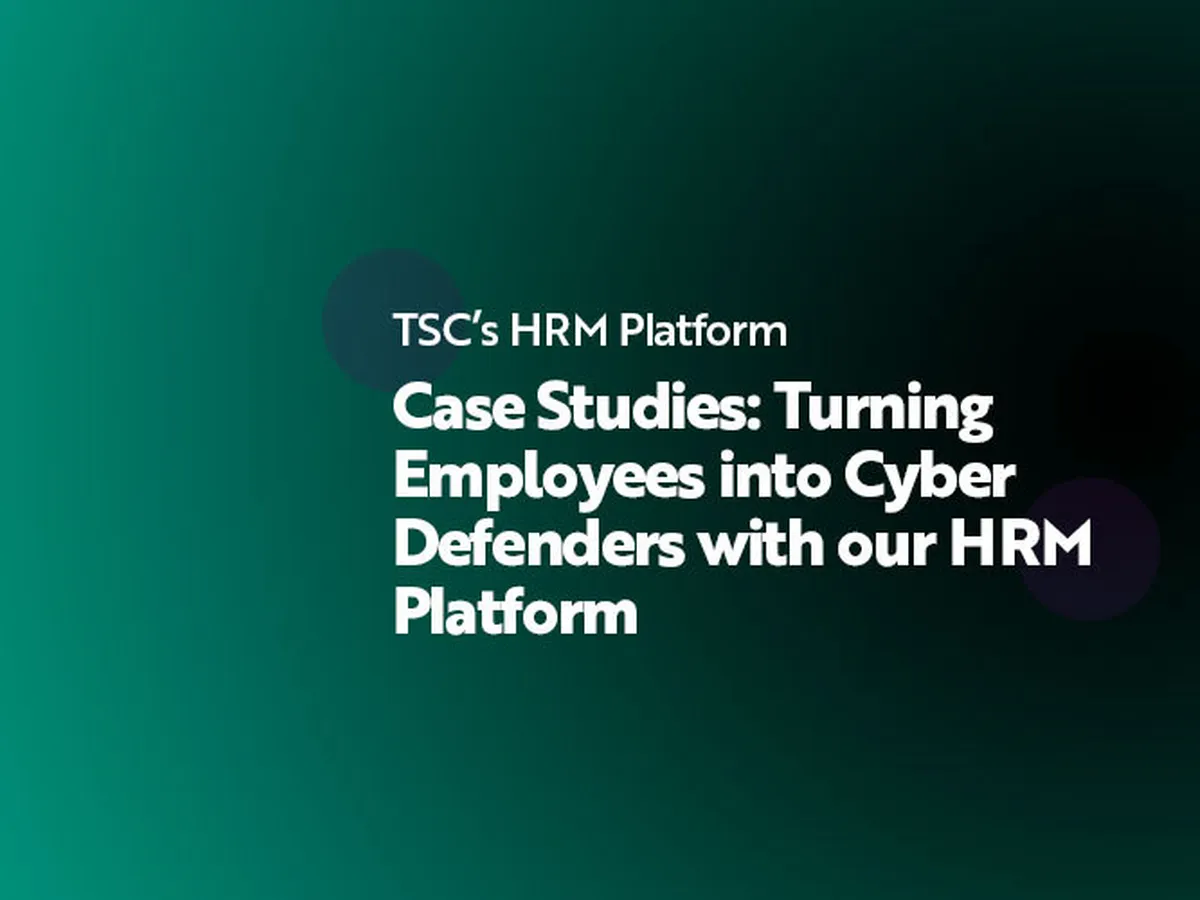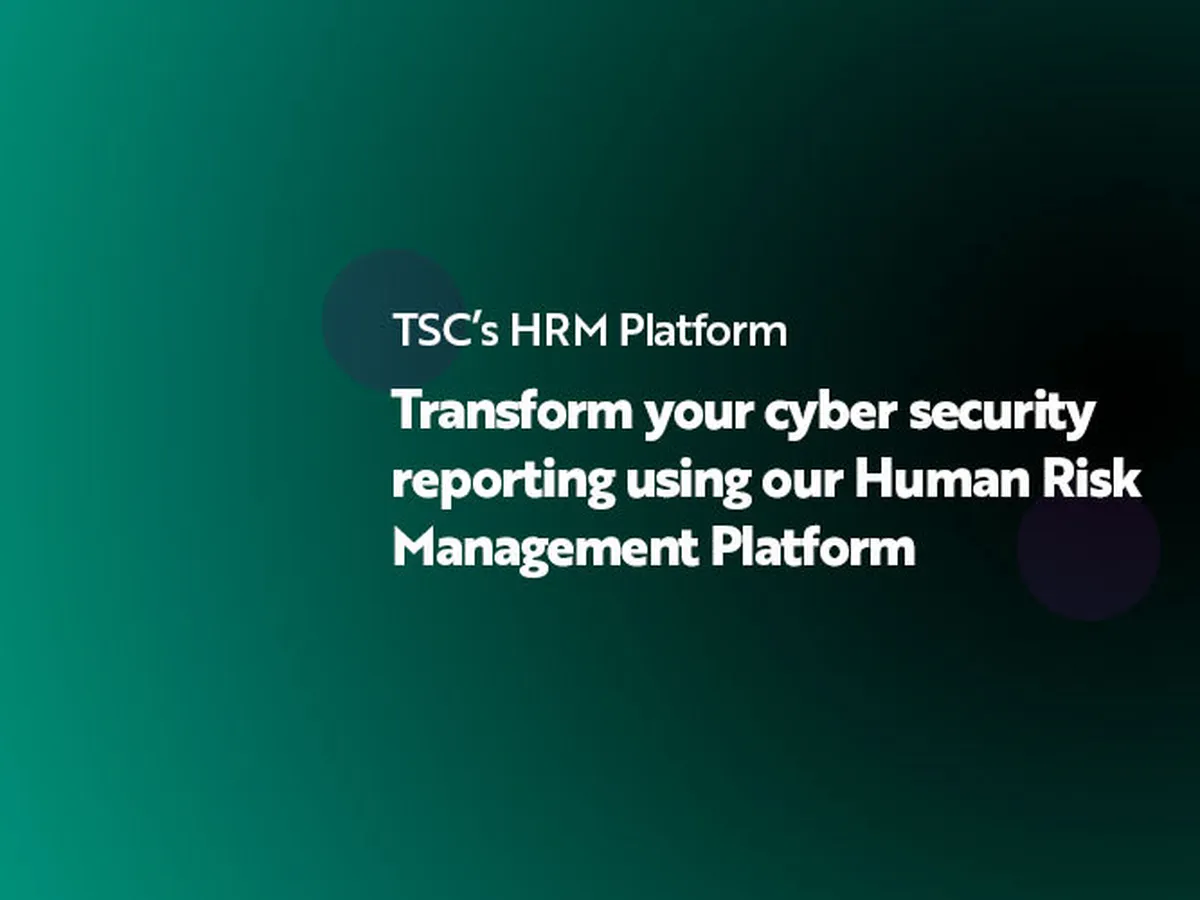
- Ransomware
- 8 min read

Technological defences are crucial … but fostering a strong cyber security culture is equally as essential to protecting your employees, your data, and your clients.
In this Frequently Asked Question’s blog post, we will explore the five key elements that constitute a robust cyber security culture, with a particular focus on cyber security awareness and the culture change necessary to safeguard your organisation effectively.
Building a cyber security culture starts at the top and filters down. Leaders, including CISOs, SRIs and DPOs, must demonstrate a steadfast commitment to cyber security. This commitment should manifest in clear and unwavering support for cyber security initiatives, budget allocation, and the prioritisation of cyber security in strategic planning. When leaders prioritise cyber security, it sends a powerful message throughout the organisation that security is a core value. If an employee sees their high-ranking boss showing interest and focus on cyber security training and constant vigilance in relation to threats and risks, you will want to emulate that behaviour to show you align with management and have potential in the organisation.
Cyber security awareness is the cornerstone of a strong cyber security culture. Organisations should invest in regular and comprehensive cyber security training for all employees, not just IT professionals. Training should cover a wide range of topics, including phishing awareness, password hygiene, incident response protocols, and emerging threats like A.I., Deepfakes, metaverse and more. Continuous education keeps employees informed about the latest threats and empowers them to be the first line of defence against cyberattacks. You must also ensure that you are not assigning the same learning to all your employees. Why? 1. Some employees will retain more information in a different language. 2. Some departments will need training on specific threats and risks that they are prone to falling for. 3. Your workforce will be diverse in its generational structure and need a different channel to connect with. Working with an experienced education and training partner like TSC will not only allow you to survey your workforce for insightful advice, but also arm you with a library of resources on common and emerging threats.
Effective communication channels are vital for fostering a culture of cyber security. Encourage employees to report suspicious activities promptly and without fear of reprisal. Establish clear reporting procedures and make them readily accessible. Timely reporting can mitigate potential threats before they escalate. Additionally, establish a culture of open dialogue between IT and non-IT departments to bridge the gap between technical and non-technical staff.
Every employee, regardless of their role, should understand their role in cyber security and be held accountable for their actions. Implement clear cyber security policies and enforce them consistently. Make sure employees can find your security protocols easily and quickly. Reward adherence to security policies and address violations swiftly. Encouraging positive security behaviours using a cyber security champion programme can be extremely effective, depending on your work environment, whilst violations need to be addressed with eLearning refreshers and a reassessment of the channels you have deployed for to maximise information retention. When employees take ownership of cyber security, it becomes an integral part of their job responsibilities.
A strong cyber security culture is not static; it evolves to adapt to new threats and challenges. For example, in 2022 and 2023, we have seen an incredible rise in attacks utilising artificial intelligence and frightening technology like deepfakes. Regularly assess your organisation's cyber security posture to pinpoint gaps that need addressing, conduct post-incident reviews to highlight weak links in need of refreshers or added attention, and update policies and procedures accordingly to reflect emerging threats. Encourage employees to provide feedback and ideas for improvement; they are living and breathing the culture every single day … and you would be surprised how much they pick up subconsciously. A culture of continuous improvement ensures that your organisation remains agile and resilient in the face of evolving cyber threats.
A strong cyber security culture is an indispensable component of effective cyber security strategy. The five elements of a good cyber security culture are leadership, education, communication, accountability, and a commitment to continuous improvement.
By prioritising these five elements, organisations can create a workforce that is vigilant, responsive, and committed to safeguarding against cyber threats.
If you would like information about how The Security Company can help you to formulate a cyber security training and awareness program for your organisation or if you would like to assess your organisation's security culture across five dimensions with insightful data ... please contact our Head of Business Development and Sales, Jenny Mandley.
The Security Company's vast library of customised and non-customised products and services are tailored for small, medium and large organisations and are available in a variety of languages. We also offer bespoke solutions for organisations that desire training and awareness materials built from the ground up.



© The Security Company (International) Limited 2025
Office One, 1 Coldbath Square, London, EC1R 5HL, UK
Company registration No: 3703393
VAT No: 385 8337 51


